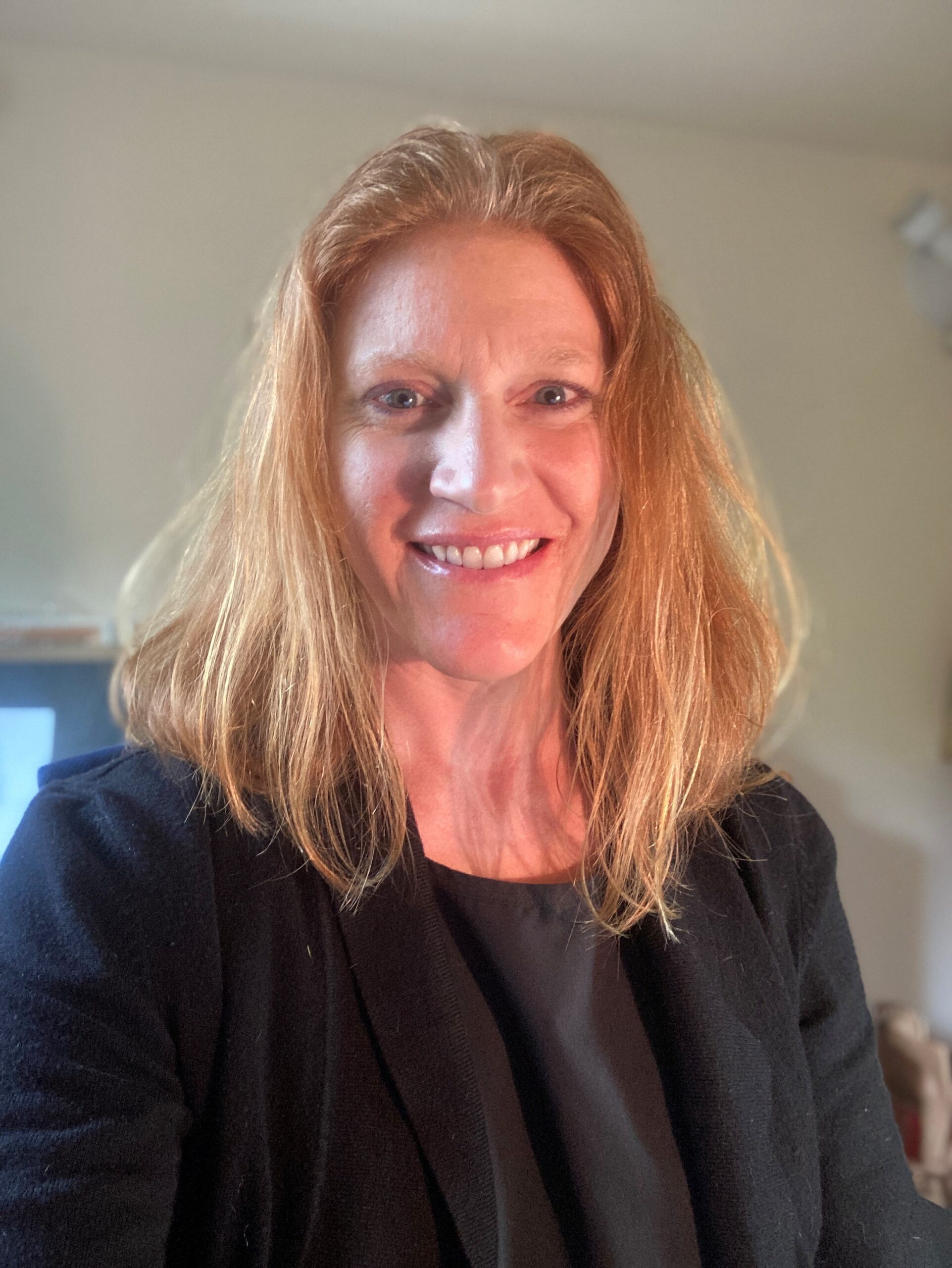Information Updated October 2023

Lindsey Vidreh (lvirdeh@shoreline.edu) is the lead faculty for the Renewable Energy Program at Shoreline Community College
2008
Primarily Puget Sound/ Western Washington
15-40 at any given time
1 Full Time Faculty & 4 Part-Time Faculty
Applied Arts & Sciences Associates Degree: Two Years – 90 Credits
Certificate of Proficiency: One Year – 45 Credits
In-Person, Online & Hybrid
Introduction to Renewable Energy
Online
1 Quarter
5 Credits
Primarily reentry and job training. We are recruiting from all areas, including high schools.
We have a computer lab where we hold classes teaching SketchUp for solar shade analysis, and BIM focusing on Revit, and software used for net zero building design. Our hybrid in-person classes on solar energy design fundamentals use a variety of equipment including solar energy and electronics exploration kits, large and smaller solar panels, multimeters, amp meters, and IV curve tracers. We use a campus building to conduct an energy audit for those students studying energy modeling, and have light meters, distance meters, and electrical and volt testers.
The CET program continues to remain successful because of our dedicated faculty. The instructors are experts in their fields and are passionate about supporting students. While their teaching status is part-time, they are all fully committed to ensuring students reach their academic and career goals. We are also fortunate to have a vibrant and devoted advisory committee. Our committee members hire our students, provide job shadows, arrange tours, and meet three times per academic year to inform the program concerning trends and relevant industry needs. Overall, we remain enthusiastic in our desire to train our students for positions in the emerging technologies of the Clean Energy industry.
Our key industry ties are to various solar energy design companies and engineering firms who specialize in energy analysis. We also have ties to local non-profit organizations who specialize in clean energy programs, along with support from the City of Seattle and State of Washington. Our industry advisory board consists of approximately 11 people who currently work in the industry to advise our program, as shown on the list below:
Students can arrange internships for credit, and it is not necessary to complete an internship to graduate.
EMSI data showing employment outcomes for 23 alumni between 2010 and 2021 found that 52% of graduates were employed in related.
View the syllabus for Shoreline Community College's Introduction to Renewable Energy course, or visit Shoreline directly for more information on their Applied Associate Degree and Certificate programs.
View Syllabus 🔒Visit ShorelineView all Renewable Energy Program Profiles
Recent News
Copyright @ 2024 Center for Renewable Energy Advanced Technological Education
This material is based upon work supported by the National Science Foundation under Grant #2201631. Any opinions, findings, and conclusions or recommendations expressed in this material are those of the author(s) and do not necessarily reflect the views of the National ScienceFoundation.